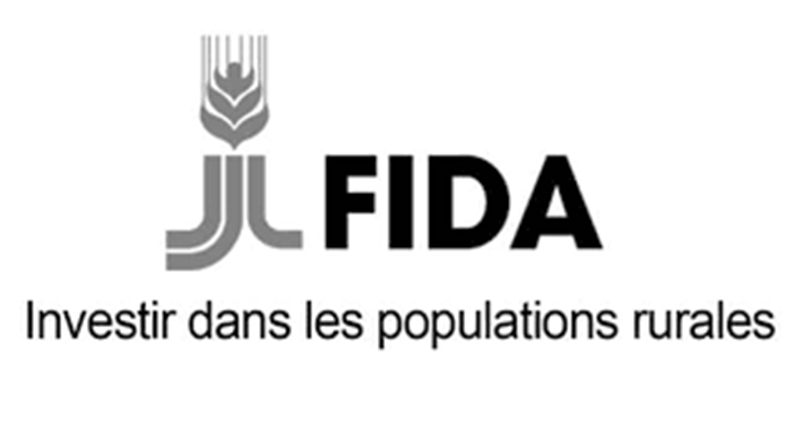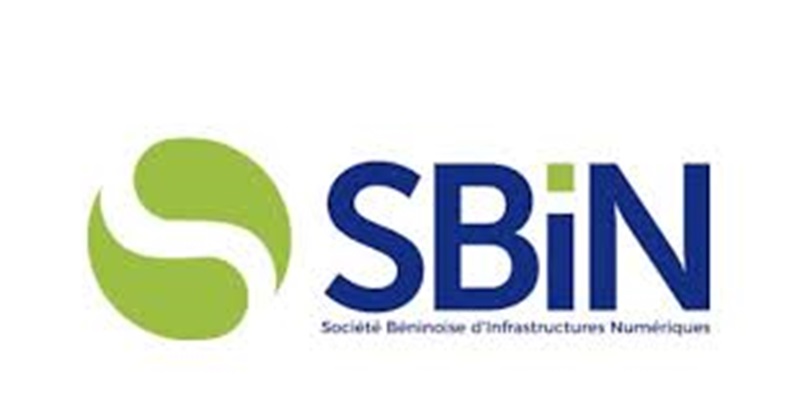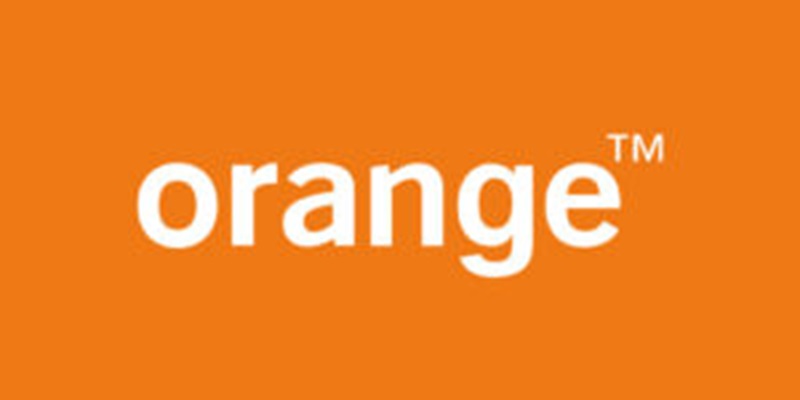L‘UICN est une union de membres composée uniquement d’organisations gouvernementales et de la société civile. Elle fournit aux organisations publiques, privées et non gouvernementales les connaissances et les outils qui permettent au progrès humain, au développement économique et à la conservation de la nature d’aller de pair.
Créée en 1948, l’UICN est aujourd’hui le réseau environnemental le plus vaste et le plus diversifié du monde, exploitant les connaissances, les ressources et la portée de plus de 1 300 organisations membres et de quelque 10 000 experts. Elle est l’un des principaux fournisseurs de données, d’évaluations et d’analyses sur la conservation. Grâce à la diversité de ses membres, l’UICN joue le rôle d’incubateur et de dépositaire fiable des meilleures pratiques, des outils et des normes internationales.
L’UICN offre un espace neutre dans lequel divers acteurs, notamment des gouvernements, des ONG, des scientifiques, des entreprises, des communautés locales et des organisations de populations autochtones, peuvent travailler ensemble pour élaborer et mettre en œuvre des solutions aux problèmes environnementaux et parvenir à un développement durable.
En collaboration avec de nombreux partenaires et sympathisants, l’UICN met en œuvre un portefeuille vaste et diversifié de projets de conservation dans le monde entier. Alliant les connaissances scientifiques les plus récentes aux savoirs traditionnels des communautés locales, ces projets visent à inverser la perte d’habitats, à restaurer les écosystèmes et à améliorer le bien-être des populations.
The Regional Monitoring, Evaluation and Learning Coordinator position is expected to comply with the IUCN Delegation of Authority (DoA) current at any particular time, and the sub-delegations issued thereof. Such compliance must be exercised with due diligence and regard for the letter, spirit and purpose of the DoA.BACKGROUND:
IUCN is a membership Union composed of both government and civil society organisations. IUCN’s mission is to influence, encourage and assist societies throughout the world to conserve the integrity and diversity of nature and to ensure that any use of natural resources is equitable and ecologically sustainable. It harnesses the experience, resources and reach of its more than 1,300 Member organisations and the input of more than 16,000 experts. IUCN is the global authority on the status of the natural world and the measures needed to safeguard it. The IUCN Secretariat has offices located all around the world and is headquartered in Gland, Switzerland.
Every four years, the IUCN membership adopts a quadrennial Programme that guides the work of the Union, especially that of the IUCN Secretariat. The Secretariat implements the IUCN Programme through a growing portfolio of over 400 projects across the world that are designed to respond to country, donor, and IUCN priorities. For the IUCN Programme 2021-2024, IUCN intends to increase its performance, results management, and operational efficiency, by enhancing and harmonizing the monitoring, evaluation and learning (MEL) function across the organization.
To achieve these enhancements to the institution’s performance management, IUCN is hiring a Regional MEL Coordinator for the Regional Office for Central and West Africa, PACO Region. He/she will lead the regional implementation, monitoring and evaluation of the new institutional processes, performance frameworks and standards, and data management system upgrades. This senior position will contribute to the region’s leadership in strategic performance management and assurance, implement the new global institutional standards in the region, oversee quality assurance for the Environmental and Social Management System (ESMS) , and grow MEL capabilities in the region. This person will play a key role in improving IUCN’s MEL systems, practices and culture, promoting regional and global exchange of knowledge, lessons learned and best practices and therefore seeks a profile with strong MEL subject-matter expertise and experience and aptitude in managing change.
MAJOR RESPONSIBILITIES
As the regional lead for planning, monitoring and evaluation work, this position has overall responsibility for MEL function in the region and the quality of MEL outputs in the regional portfolio. He/she will participate in the region’s management team to contribute to steering the performance and assurance of the programme and portfolio of projects implemented in the region and ensuring quality in the design and development of the portfolio.
He/she will also lead the regional implementation of institutional MEL policies, practices and systems in the region. As a focal point for the PPME function, this position is expected to liaise with the global PPME Unit (and regional leads in portfolio/programme management, HR, Finance, Legal, and IT) to collaboratively build the Secretariat’s MEL capabilities in the region with regards to relevant policies, processes, practices and systems.
This position provides subject matter expertise in MEL to support programme and projects implemented in the region from design to closure. She/he will provide functional line management to MEL officers, contribute to the recruitment, onboarding and training of MEL officers, and will manage project evaluations.
This position will report to and work closely with the Regional Director and will support the development and implementation of the regional portfolio of projects.
SPECIFIC DUTIES
Regional portfolio planning, monitoring, reporting, risk and performance
Lead, coordinate and assure the planning, monitoring, evaluation, learning and risk management functions in the region, specifically:
1. Planning, monitoring and reporting
• Coordinate regional input from project and programme managers to institutional Annual Cycle of planning, monitoring and reporting (for both unrestricted and restricted funding).
• Develop and implement regional performance measurement framework, aligned to Secretariat performance framework.
• Contribute to the development and implementation of regional performance criteria to steer a strategic and effective portfolio (pipeline management).
• Track, monitor and evaluate regional project portfolio implementation in the IUCN Programme and Project Portal and through any tools used in the region (e.g. Smartsheet).
2. Evaluation and learning
• Develop and ensure adequacy of regional evaluation framework in consultation with the Regional Programme Coordinator (or equivalent) and maintain the register of evaluations.
• Support project and programme evaluations, including: advise on evaluation ToRs and evaluation management, ensure projects comply with the IUCN Monitoring and Evaluation Policy requirements for evaluation.
• Facilitate learning across the portfolio by applying international best practices to enable adaptive management and organisational learning and participating in regional and global exchanges.
• Support resource mobilization efforts for MEL in the region, through the provision of subject-matter expertise on MEL requirements, and by ensuring projects are designed with performance frameworks, meet ESMS standards, and budget appropriately for MEL staff time and activities (implementation of the project costing framework).
Institutional MEL applied in the region
3. In collaboration with the PPME Unit at Headquarters, implement Secretariat MEL policies, practices and systems in the region, specifically:
a) Institutional annual cycle (planning, monitoring and reporting)
b) Project Guidelines and Standards (PGS), including Project Appraisal and Approval System (PAAS)
c) Programme and Project Portal (project data forms and project workflows that control project status)
d) Enterprise Risks Management Policy and internal control framework
e) Independent evaluation function
f) Environmental and Social Management System (ESMS): oversee ESMS quality assurance and supervise the ESMS specialist (technically supported by the ESMS Coordinator at HQ).
4. Guide regional implementation of policies and standards for MEL, ensuring policy understanding of managers and providing a control and quality assurance role.
5. Act as a subject matter expert and the focal point in the region, briefing, training, and coaching project managers and project MEL officers to effectively implement the policies and practices.
6. Provide project assurance through:
o Manage evaluations for projects including facilitating appropriate feedback on draft reports, compliance with the IUCN M&E Policy, and facilitating the preparation of management responses.
o Lead and participate in project supervision missions.
7. Advocate for and facilitate the proactive use of MEL information in decision-making and adaptive management across the portfolio.
8. Share lessons, provide advice, raise issues, and identify current or emerging risks to the implementation of the policies and controls – with both PPME Unit and the Regional Director.
Supervise and build capacity for project MEL
To enhance project management for results delivery, supervise project MEL officers and support project managers with MEL and risk management:
9. Coordinate, advise and ensure consistent application of institutional project management standards.
10. Contribute to the recruitment, hiring and onboarding of new project MEL officers.
11. Provide direct reporting line management to the ESMS Specialist for the region and project MEL officers in the region. Provide functional line management to regional project managers for project MEL.
12. Brief, train and coach project staff on MEL. Occasionally lead MEL work for projects (max 25% of the role, with a view to decrease this).
IUCN standards and expectations for MEL within projects include:
o Development of the MEL components of the project proposal aligned to IUCN Programme and indicators (theory of change, results framework, e.g. logframe, and budget for MEL activities and staff time).
o Development and timely implementation of the project MEL plan.
o Reporting to donors against project results framework and indicators.
o Institutional reporting against IUCN indicators.
o Facilitating adaptive management and learning throughout the project.
o Finalizing and closing projects according to IUCN requirements.
o Plan for required independent project evaluations, including contributing to ToR development and evaluation management when required.
13. Perform other duties as may be assigned from time to time.
Please Note: The above TORs contain the main responsibilities and duties of this position. However in an ever evolving organisation such as IUCN staff members are expected to show flexibility in their approach to work and be willing to undertake other tasks that are reasonably allocated to them but which are not part of their regular TORs. Where any task becomes a regular part of staff member’s responsibilities, the TORs should be changed in consultation between the manager, the staff member and the HR Unit. Any one of the three may initiate the consultation.
| • Bachelor’s degree or higher in environmental studies, biodiversity conservation, natural resource management, planning, management or social sciences, economics, public policy or management engineering, or a related subject matter, business administration, etc.
• At least 8 years of experience in programme and project performance management, with specific experience required in MEL of at least 5 years. • Proven experience with the implementation of institutional performance and assurance approaches and systems. • Knowledge of the application of environmental and social safeguards, working experience in this area a plus. • Demonstrated experience in results measurement methods and management in conservation, development or other relevant sectors. • Demonstrated experience designing, implementing and managing complex, multi-country, multi-partner and multi-sectors projects in conservation, development or other relevant sectors in the region. • Experience with leading bilateral and multilateral donor funded projects is an asset. • Excellent organization and communication skills with a proven ability to engage across levels of an organization and across geographies. • Experience with change management and the people skills to build a culture of accountability and learning. • Excellent group facilitation skills and experience with application of monitoring and evaluation methodologies • Ability to deliver analytical reports to facilitate management decision-making. • Proficiency in data management and analysis, with strong statistical skills highly desirable • Proficiency with data management software and tools, project management software or tools (e.g. Smartsheet, Kobo toolbox, etc), SQL and other related tools highly desirable. • Experience with institutional knowledge management and learning is an asset. • Capacity to work collaboratively within a diverse team. • Fluency in French is a requirement as well as proficiency in English. |
Applicants are requested to apply online through the HR Management System, by opening the vacancy announcement and pressing the « Apply » button.
Applicants will be asked to create an account and submit their profile information. Applications will not be accepted after the closing date. The vacancy closes at midnight, Swiss time (GMT+1 / GMT+2 during Daylight Saving Time, DST). Please note that only selected applicants will be personally contacted for interviews.
Other job opportunities are published in the IUCN website: http://www.iucn.org/involved/jobs/





